If there was one thing that followers of contemporary Christian music probably could have felt assured would never show up on their gospel-music bingo card, it would be that Russ Taff would never be found covering a song by the group the National. And if there was anything they could be assured of beyond that, it might be that Taff would not end up singing a National song called “Demons.” Yet here we are, with these unforeseen, imaginary scenarios now having to come to pass on Taff’s latest album, “Cover Story,” which consists entirely of the CCM star covering secular material by artists from Paul Simon to Duran Duran, and in a raw, almost bluesy, fairly down-and-dirty style, to boot.
“Cover Story” came about at the instigation of executive producer Steve Taylor, another artist who came to stardom in the Christian rock world of the 1980s, albeit following a very different artistic path. Taylor was the alternative-rock gadfly of that scene in that era, whereas Taff was known for a more earnest approach, coming out of the vocal group the Imperials into solo stardom, and highly regarded then and since for his belting abilities. For anyone who remembers their respective points of origin, tonally, it may still feel like an unlikely match. But Taylor, who has focused less on being a recording artist himself and more on being a producer since he struck gold producing Sixpence None the Richer, had a vision for how Taff could reinvent himself just a little with a late-career record that could be the equivalent of where Rick Rubin steered Johnny Carson. The resulting record features Taff’s beautiful and reasonably raw covers of tunes by Prince, Bill Withers, U2 and Depeche Mode, for starters, all played for grit, not gloss.
Earthiness becomes Taff, who has surprised and captivated his fan base in the last few years by releasing a candid memoir and then talking about his long-hidden dark side in places like the “Soft White Underbelly” video interview series. The child of an abusive and alcoholic Pentecostal-preacher dad, Taff eventually fell into alcoholism himself, unable to cope with the shame lingering from his traumatic childhood. His journey out of that, and commitment to being real in discussing it, makes for a contrast with the Michael Tait scandal now running through the Christian music world, as evidence that, yes, even Christian music stars can confront and confess their demons, before public duress demands it.
Taff and Taylor will both be performing Saturday night just outside of Nashville in Columbia, Tenn., at the Mulehouse, a House of Blues-style hall that has become renowned as one of the best venues in the South. The evening is a celebration of Taff’s “Cover Story” album, with Taylor being joined as the opening act by his former band Chagall Guevara, an all-star group that recorded for MCA in the early ’90s and has only rarely reunited since. Since Taff showing up to sing at Chagall’s last reunion gig led to the idea for “Cover Story,” the double-bill feels natural.
The two collaborators got together on Zoom this week to share with Variety what this first-time matchup means to them.
How did this collaboration first come about?
Taylor: Three years ago, my old band, Chagall Guevara, did a reunion show at the Ryman. Prior to that, we hadn’t played together in 30 years, and we haven’t played since. But at that time we did one of those things where people who were willing to pay a ridiculous amount for tickets to our Ryman show would also go to an after-party the next night at Jack White’s club in Nashville, the Blue Room. We promised we would have some special guests join us that night for a jam, and we invited Russ. And… Russ, you might want to plug your ears for this part. I hadn’t heard Russ for a long time, and he was always one of my favorite singers, but I just assumed people get to a certain age and they don’t necessarily keep their chops. We were gonna have Charlie Peacock join us that night to sing “Down on the Lowlands” off that self-titled album that he did in the late ‘80s, but Charlie got sick and couldn’t come. So Russ did it (impromptu), and it was a mind-blowing performance. He brought the house down and took us all to church. I’m not Pentecostal, but I believe I was waving my hands at one point. It was spectacular thing, and clearly Russ still had it.
So afterward we all thought: He needs to do an album that shows that. Because we just didn’t know he had that in him. And of course we were also inspired by what Rick Rubin had done with Johnny Cash late in his career with the American Recordings. So that’s when the whole idea came up for the album. And that’s why the guys in Chagall thought that it’d be appropriate to come and play with Russ to return the favor all these years later, which is how Chagall ended up on the bill at the Mulehouse this weekend.
Taff: I’m so touched by all this, I’m starting to tear up.

When you guys were on the scene in Christian music in a big way in the ‘80s, did you run into each other? It doesn’t seem like a given that you would have run in exactly the same circles. Steve, obviously people thought of you as being more alternative and having this somewhat satirical approach or arch tone to a lot of your music, and Russ, you were doing something more straightforward than that. How did you really think of each other at the time?
Taylor: Well, I’ll start just because I’ve got a good story. Russ and I always got on great, and I loved what he did, and we were labelmates for a while on Myrrh Records. And then Russ even let me stay at their house in Nashville when we were working on the “I Predict 1990” album, so he and (his wife) Tori were always kind to me. We did one show together, I think in Oklahoma City, where I was the opening act. And the local Christian radio station, for some reason, set up an interview section in the lobby afterwards and asked people about the concert. And this is not an exaggeration: At least 10 people talked about how much they loved Russ Taff, and how they did not like anything about what I was doing. Then the radio station sent me the video. [Laughs.] So I think that was our one and only concert together.
Taff: We did our record parties and things like that. But man, during those years, I didn’t have a whole lot of friends, because I just lived constantly on the road. But I’ve always been just a huge fan of Steve’s, and I’ve said this for years: He’s probably one of the most creative people I’ve ever met, not only in music, but everything he touches… just an amazing artist in the way he views things. So I had been a fan, but it wasn’t until this record that we were able to start laughing together and telling stories. So, it’s just been for me a joy to hang with him.
When Steve came to you with this concept for a record, were you immediately open to it or were you at all f like, “Hey, it’s nice of you to have ideas for me, but that’s just not what I do”?
Taff: Well, I’ve been pretty open (in recent years) about what I went through, and I had been talking about doing a record that could talk through different situations in my life and my journey. So when Steve and John came to me and said, “We’re thinking about doing this,” it was intriguing. Until we got into the studio. Once we started… Man, I’m an old road dog. I’ve been doing it a certain way for a long time, and I like certain mics, I like certain compressors, and I like to sing to a pretty full track. Steve said, “We just want something honest and real, of you singing without really thinking about it.”
So I don’t know — after about two songs, I got so frustrated it. It was like I couldn’t nail down what this was or how it was happening, and do I even want to do this? Because I wasn’t comfortable. But that worked out good in the long run, to ultimately find performances like this. I met with Steve in my frustration, and he promised me: “Russ, I won’t let you embarrass yourself.” I’d never made a record like this, with (minimized) instrumentation like this and passion like this. I had trust in Steve after crossing paths with him through the years. So when he said that, I just threw my hat into the ring to say, “OK, I’ll go for it,” just leaning on him.
Beyond the overall concept and mood for the record, part of what is different is you largely singing in the lower part of your register, which isn’t Russ Taff singing style people remember. Is that part of what took an adjustment for you to get comfortable with?
Taff: Well, with my stuff, from the Imperials on, everybody liked me to sing as high and as hard as I could. That’s what everybody kind of gravitated to, until this record. And John and Steve said, “Let’s do something that’s never been done before. Let’s focus on the lower register that you’ve never really used on an album.” And I didn’t know those colors were there. I hadn’t heard me sing like that. And then I began to feel passion singing that low, not relying on that thing of throwing my head back and singing my head off. But I was amazed at that, the passion that I could find singing in a lower register, and then I started liking what they were doing with it and where they placed me in the track — just picking places where I could jump up on a higher register and nail it, then come right back down. It was a joy, once everything was said and done, to listen to it and go, “Man, I didn’t know that lower register had those colors to it.”
There is a very gutsy sound to your voice on this, but also a vulnerability. You’ve been very candid and vulnerable in recent years with the documentary on you a few years ago, and the podcast you did last year — a lot of people know your story now, and how hard it was. So, how much of it was sort of form meets function? Like, wanting to further tap into something that people have experienced emotionally with you, tied in with these revelations you’d been making?
Taff: Go ahead, Steve.
Taylor: As we were looking through the songs and picking which to do, that helped inform what songs felt right or “nah, that’s not right for this album.” Russ had picked a lot of the songs as well, and we felt with every song that we ended up going with that it felt right for this album “Cover Story” that’s telling Russ’s story through cover songs. I think the last one (chosen) was the National’s song. You know, his older audience might not necessarily appreciate Russ Taff singing a song called “Demons.” But after Russ and I got together when he was having a hard time and not sure if he wanted to do this, that night I thought about that song, because I love the National and particularly love that song. I called him and said, “Hey, check this song out. What do you think?” And Russ, I think your reaction was pretty immediate, right?
Taff: Yeah, because it really described to me addiction and relapse. That’s the way that I heard the lyric, thinking of those times in my life when I would go down with my demons and relapse and go right back to that place I started. When I heard that song, Steve… You know, I’ve been in therapy since I was a baby, but it’s amazing how quickly we can be triggered by something. My mother, before she passed away, I would go out there as a grown man and she would say my name, “Russell,” and all of a sudden I’m 14 years old again. I would climb out of that hole and be making progress, and then something would happen — I would fall back into that pit and I’d go right back to my demons and start the process all over again. Anyway, even though a lot of my audience is not gonna get it, a lot of ’em have. In fact, the backlash has not been that intense with it. If you know my story, you understand the song.
Is there any song on the album you’d say was hardest for you to sing? Either vocally or emotionally?
Taff: Well, many of them. When (Paul Simon’s) “The Sound of Silence” was pitched… I never sang any kind of a song like that before. But it reminded me of how you have some sobriety under your belt, like I said, and all of a sudden you relapse again and you walk right back into that dark room and it’s familiar and it’s like, “Hello, darkness, my old friend.” That was really emotional for me to sing.
And that song “I Will” — “If you need someone to cry with you, I will.” To make that statement at the end of my career to everybody that’s been around me… You know, at the end of your life, when you’ve had like five close friends… And I’m not dying yet, but I’m just saying … That song “I Will” was a special song for me to sing. And of course I love (the U2/BB King song) “When Love Comes to Town.” I mean, I get to dance all over the place like a Pentecostal on that one.
Steve, are there any songs on here that move you most?
Taylor: I’m not a good person to ask, because I love this album so much. “The Cross,” his cover of the Prince song, gets me every time. “I Believe in You,” the Dylan song… Russ, I think you felt that one was personal too, right?
Taff: Oh, man, that’s the only song that I had to stop three times because I was crying. It was just such a commitment in my own heart: Again, when you’re walking away from things that you knew, I will follow Christ — that is what I want. Singing that song, it was like I was affirming again and again, walking out of darkness that I have had, even though you trip and fall, you’re still saying, “I believe in you. Help me.” That was the only song that I teared up three times and had to just stop singing for a little bit.
Taylor: Another song I love playing for people is “Tear This Building Down,” because he’s in this kind of low register, and I just love watching people’s faces when he starts building up and then goes up into the higher register and starts nailing that. … “Grandma’s Hands” was another one that you made your own, just because it already felt like your story.
Taff: Right. Of course, that’s a Bill Withers tune, but we rewrote the lyric. Growing up in a home where you’ve got a Pentecostal dad preacher, but he’s also an alcoholic and you can’t tell anybody what goes on in the family, and at the age of 7, you have to learn how to lie, to tell people “Daddy’s OK” when he’s not, he’s laying in the back bedroom drunk… The only one who knew what was going on was my grandmother. Her house was just right behind ours, and from the time I was 8, 9, 10 on, I would go over there. She was an old Pentecostal woman and she would lean her head down and brush her gray hair that went down to her waist, and then she would roll it up and put it on her head, getting ready for church. I could talk to her and tell her how scared I was and tell her “I don’t know what to do.” And she would always say, “Russ, God’s got this. Just keep trusting him.” And so, I’ve always loved that song, and thought about recording it 10 years ago, but I just wasn’t ready. With this album, being able to rewrite the lyrics to just honor that woman… She passed away when I was 12, and I was just lost for quite a while. I like this because I get to say thank you to my grandma.
Taylor: John Painter is the producer on the album and he is really the genius behind it all. Because he had been a fan of Russ’s when he was still a teenager and had all of Russ’s albums and knew his voice inside and out. Then he and Russ ended up going to the same church for many years, pastored by Becca Stevens, who also founded Magdalene House, and so John would hear Russ sing in church. So he knew what Russ sounded like when he’s in the middle of a track that’s beautifully produced and has a whole lot going on, and he knew Russ’s voice when it was just him and an acoustic guitar.
Russ, how has your audience reacted to this, and overall to the vulnerability with some of the things you’ve done in recent years? You did an interview for the “Soft White Underbelly” YouTube channel last year where you really told the story of you and your family, no holds barred, and it has more than a half-million views on YouTube. The comments on that video are almost uniformly positive, though there were a couple people who were like, “Well, I wasn’t prepared for the swearing, but other than that, it’s great.” Do you think your fans were ready for where you are now?
Taff: Well, most of my audience knows I go to AA, so I’ve learned some really choice words going to those meetings. And when I did that interview, it was just me and Mark Laita in the room. And with the stories that Mark tells [with a focus on subjects from drug addicts to sex workers], I thought, “Well, man, there probably are not gonna be that many Christians watching this.” And then I found out there were a whole lot of Christians watching. And when I got back to the apartment, with Steve, I realized, “Oh my Lord. Oh my God. I let some words fly.” But we only got a very, very little pushback.
When you shake off religion, which I have, and you just try to be honest and real… I’m earthy and I just want to tell the truth. And religiosity, I mean, I hate it. I just hate it because it robs people of a spiritual experience. And so I just embraced this record. And the people that have followed me through the years, there’s only been maybe a small amount that there was any kind of pushback about this. And I always say, “Well, if you don’t like it, I didn’t make it for you anyway,” you know?
Are you still actively touring?
Taff: No, I don’t really tour like I used to. Man, I was on the road for like 290 days a year for 20 years. And when the kids came — and we were married 15 years before we started a family — my goal was to save enough money that when they came along, I wasn’t just on the road constantly.
How do you think the material from “Cover Story” will integrate into your normal sets when you do those shows now, with the secular songs coming up amid the spirituals?
Taff: Well, when it is honest and real and coming from your gut, people respond. Spirituality is not a certain formula. Spirituality is what comes out of your heart and what comes down from heaven to you, and it doesn’t have to be a gospel lyric and scripture all day long. I mean, I have come in contact with life-changing events at a football game; it’s not like I have to be in four walls (of a church). But I’ve done everything I’ve ever wanted to do and I don’t have time to mess with the criticisms or mess with those that are “Well, I just don’t like what you did.” Well, I don’t care. I’m getting to do what I want to do and believe in these songs. And if you don’t like me, I’m not gonna come back to your church. I don’t care.
Any other words about your friendship and how that’s developed? As you say, you weren’t necessarily spending huge amounts of time together back when you were both coming up, but now you’re having this chance to, after all these years.
Taff: Well, let me just say, when I call Steve, he picks up.
Taylor: That’s right. Knowing Russ in a deeper way has been really helpful and life-giving to me. Having experienced some things over more recent years, with extended family members who were going through addiction crises, man, Russ has given me a level of understanding and praying for family members and just the kind of things that you would hope for. But really, he’s just a beautiful soul and I love talking to him,I love learning from him and I love the wisdom that he has. And so it’s been a joy working with him and I’m very grateful.
Taff: Same here, Steve. Same here.




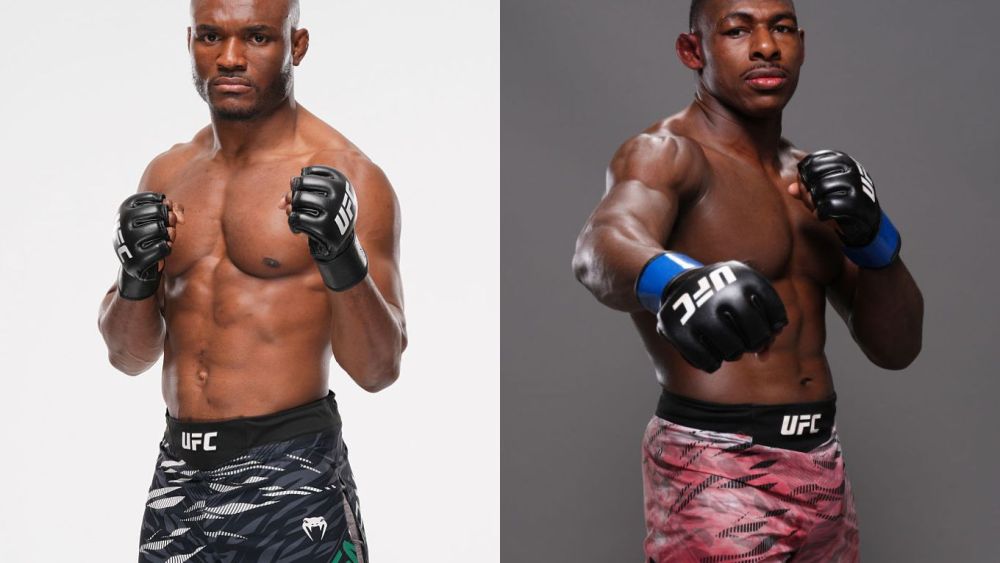

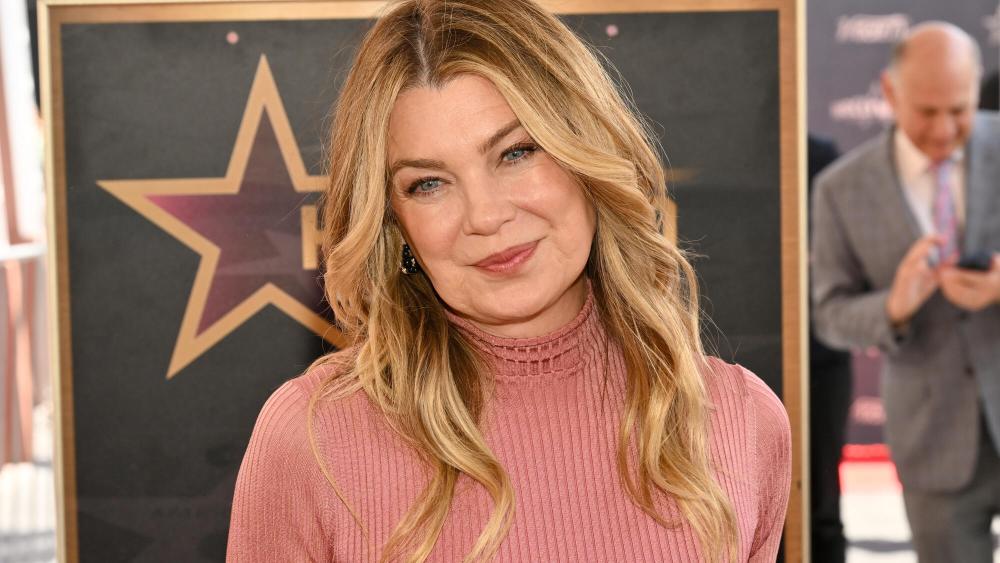
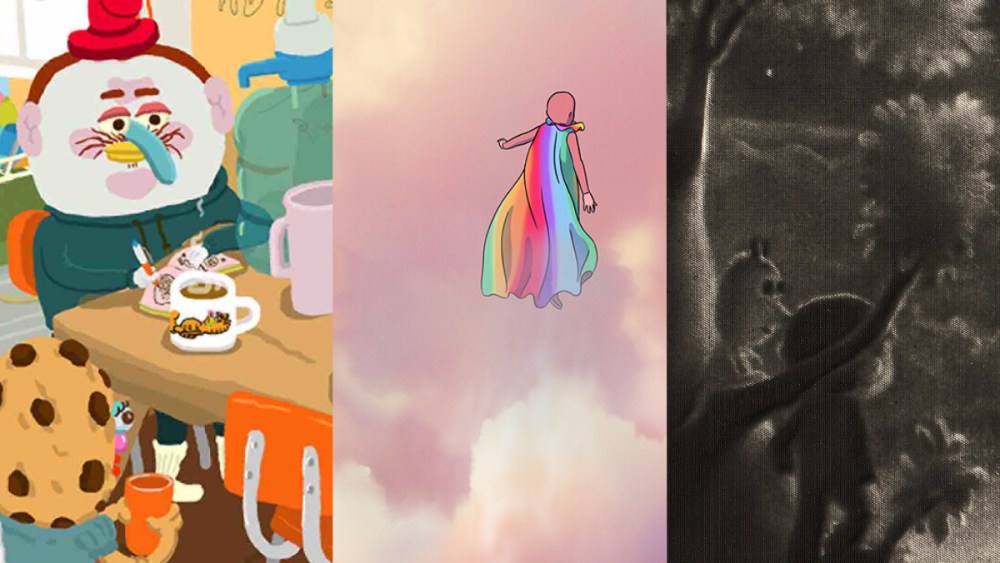
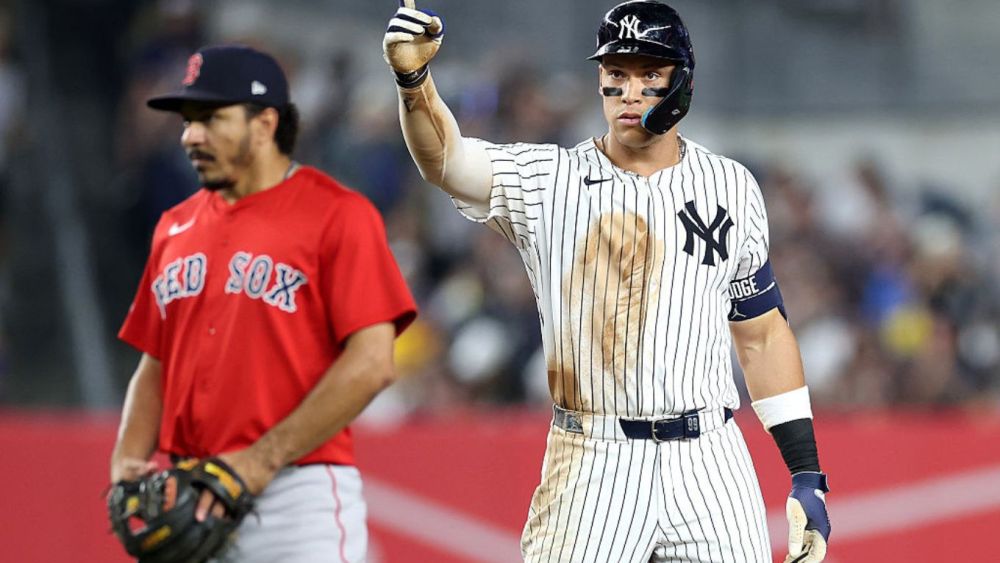



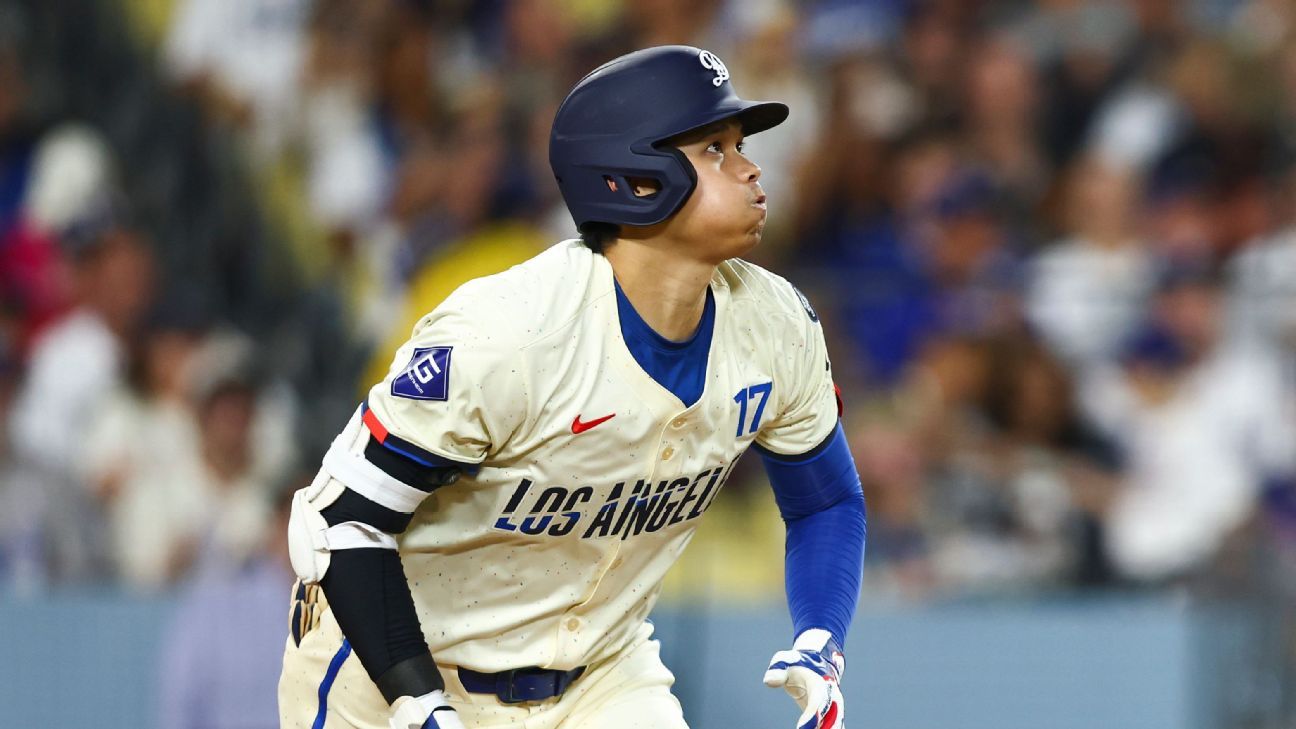

Leave a Reply